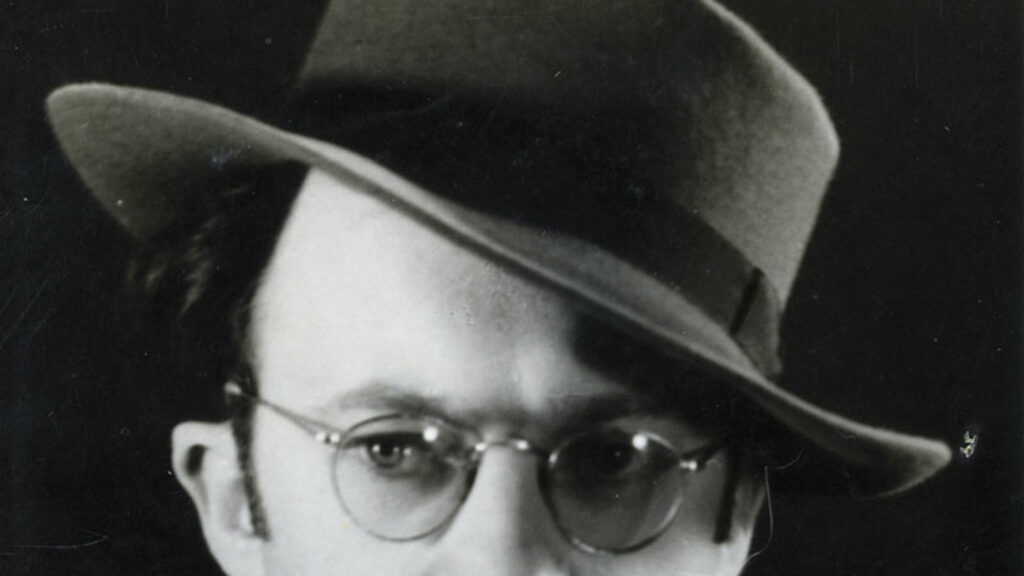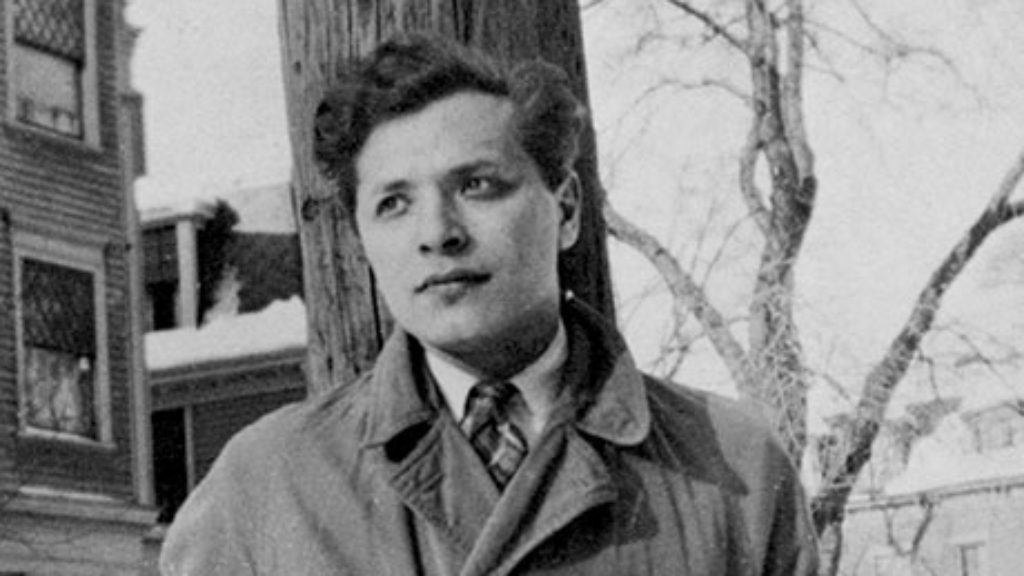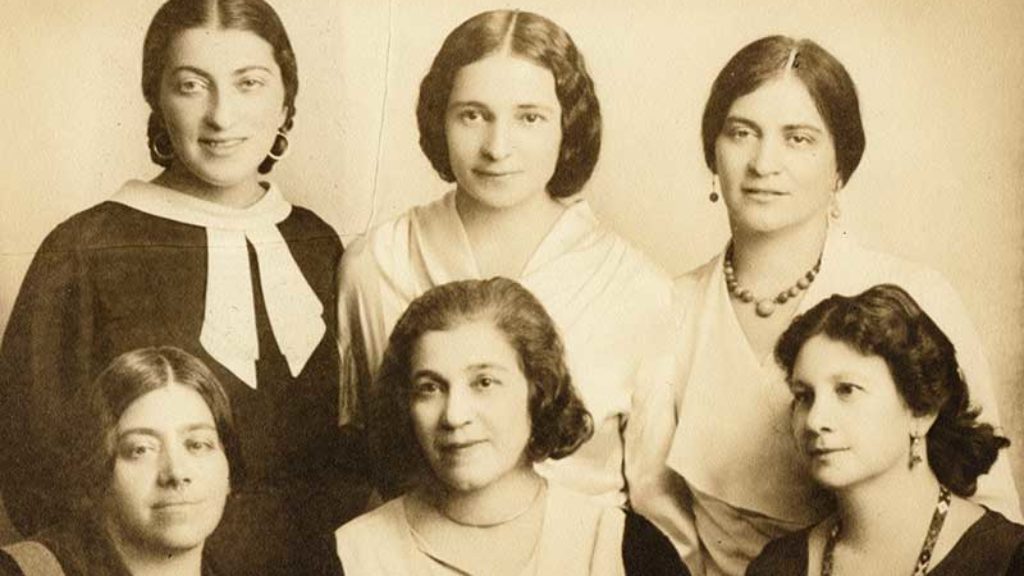Ruth R. Wisse

Before & After October 7: A Symposium
We asked distinguished friends and contributors a simple question: what did you believe before October 7 that you no longer believe?

“With a Wolf in One Eye”: Sutzkever in Israel
From his birth just outside Vilna in 1913, Abraham Sutzkever led a life that had merged, as though on a God-ordained path, with the fate of the Jewish people in the 20th century. It of course follows that that life would reach its culmination in Israel.

On a Story by Delmore Schwartz
In 1937, the editors at Partisan Review placed “In Dreams Begin Responsibilities,” by a 24-year old unknown improbably named Delmore Schwartz before pieces by Wallace Stevens, Lionel Trilling, Edmund Wilson, and Pablo Picasso, to relaunch their magazine. They knew what they were doing.

Bellow, Broadway Billy, and American Jewry
As Mark Cohen’s new biography reminds us, “Broadway” Billy Rose was America’s master showman for a quarter of a century. When a friend told Saul Bellow how Rose had saved a fellow Jew from an Italian prison in 1939 but refused to speak with him afterward, Bellow knew he had a story.
The Jewish Critic and the Devil’s Point of View
We have never met this Mendele before, but he expects us to trust him, appreciate his wit, catch his references, and share his attitudes. In a few deft lines, the author created a figure so democratic you don’t have to look up to him, so familiar you don’t have to fear him, and so appealing you won’t realize you’re being flogged.

Funny How a Poem Can Get Under Your Skin
On Celia Dropkin’s avant-garde Yiddish break-up poem and a political insight.
Yosl Bergner’s Jewish-Israeli Genius
Yosl Bergner once said that “whatever colors I pour onto the canvas, they come out gray.” His grayscale paintings are stunning, but he paints in gorgeous color too. A personal memoir of a 94-year-old genius.
Coming with a Lampoon
Jacobson is a world master of the art of disturbing comedy and each new work of his advances the genre—his latest one by a giant step.
Yiddish Genius in America
The great Yiddish poet Jacob Glatstein wrote two autobiographical novels and envisioned a third, set in America. Why didn’t he write it?
No Joke
Sigmund Freud loved Jewish jokes and for many years collected material for the study that would appear in 1905 as Jokes and Their Relation to the Unconscious. An excerpt from Ruth Wisse's new book No Joke: Making Jewish Humor.
Himmelfarb, George Eliot, and the Jews
English philo-Semitism, in fiction and reality.
Drowning in the Red Sea
Gennady Estraikh said, "It is hardly an overstatement to define Yiddish literature of the 1920s as the most pro-Soviet literature in the world." When Arab riots killed 400 Jews in Palestine in late August 1929, the Yiddish communist press found itself torn between sympathy for the fallen and loyalty to the Revolution.
The Poet from Vilna
Avrom Sutzkever and Max Weinreich, a memoir.